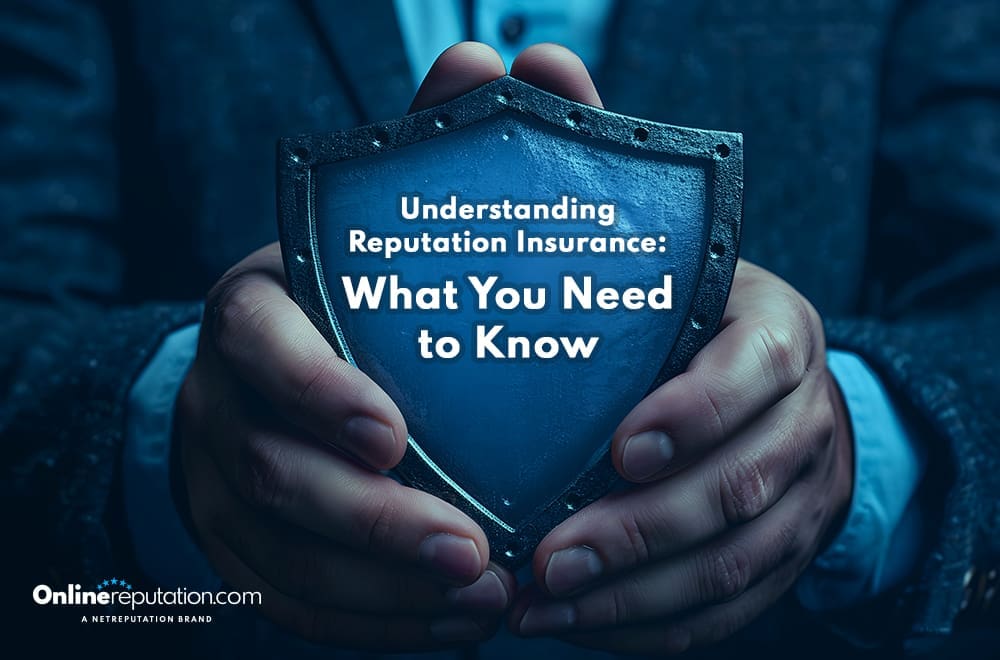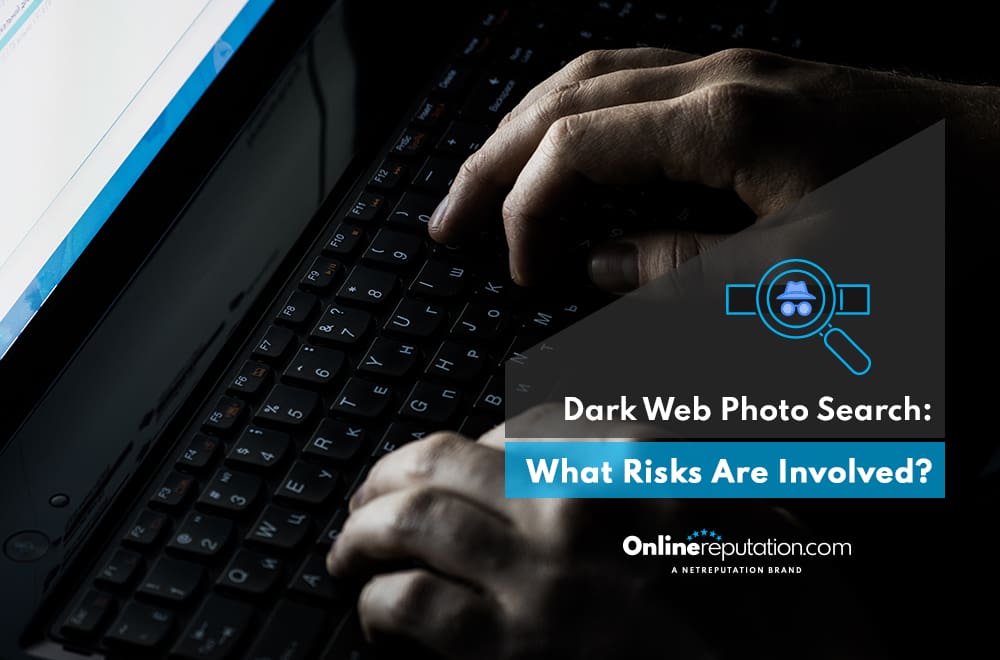
Reputation insurance is crucial in the modern era, where a company’s reputation heavily influences its success. It safeguards against potential damage to reputation through various means, such as public relations crises or negative customer publicity. Understanding what reputation insurance entails, including its benefits, coverage, and cost determinants, and selecting the appropriate policy is essential for businesses aiming to protect their brand image effectively.
What Is Reputation Insurance and How Does It Work?
Reputation insurance is a specialized policy shielding businesses from reputational risks and damages. It offers financial protection by covering crisis management expenses, legal fees, and potential revenue loss from a tarnished reputation. Key features of standalone reputation insurance include crisis management assistance to navigate PR crises effectively. For instance, during a product recall, it aids in managing the crisis, rebuilding trust, and safeguarding the brand’s market position.
Why Is Reputation Insurance Important?
Reputation insurance is vital for shielding businesses from reputation damage from negative events like cyber breaches or defamation lawsuits. Maintaining customer trust is paramount in today’s business world, where news spreads rapidly. A robust policy demonstrates a commitment to safeguarding a company’s image and assets. By addressing risks proactively, businesses can avoid financial losses and preserve brand loyalty. Comprehensive reputation risk insurance coverage, alongside proactive reputation management strategies, helps companies navigate challenges and ensure long-term success.
Financial Protection Against Reputation Damage
Reputation risk insurance often protects businesses during reputation damage incidents, mitigating significant financial losses. Acting as a safety net, it covers costs in various scenarios, such as product recalls, malicious smear campaigns, or cyber-attacks that lead to reputation damage. It assists in managing crises, covers legal expenses for defending the company’s image, and compensates for financial losses due to decreased customer trust and revenue streams.
Crisis Management Support
Reputation insurance policies commonly offer crisis management support, providing businesses access to PR consultancy, media relations expertise, and communication strategies to handle reputational crises effectively. Such policies become invaluable during crises, offering guidance and assistance in crafting crisis communication plans. Access to experienced communication specialists helps manage reputational risk and harm through damage control in the media or proactive reputation-building strategies, proving essential for businesses navigating challenging situations.
Reimbursement for Loss of Income
Reputation insurance policies often include provisions to reimburse businesses for income loss from reputation damage events impacting customer loyalty and the company’s performance. This insurance is valuable for businesses facing unforeseen circumstances that tarnish their public image, leading to decreased sales and trust. Coverage typically includes crisis management, PR efforts, and potential legal fees. Companies must demonstrate a revenue decline directly linked to the reputation-harming incident to qualify for reimbursement.
Who Can Benefit from Reputation Insurance?
Reputation insurance benefits business owners, especially those handling sensitive customer data or vulnerable to reputational risks, to safeguard their brand’s image and minimize potential harm. Target audiences typically include industries heavily reliant on public perception, like financial institutions, healthcare providers, and food companies, facing higher scrutiny and reputational risk insurance has risks. Factors determining suitability include public exposure level, negative publicity impact on revenue, and crisis management readiness. Businesses with strong online presence or in competitive markets are prime candidates for such coverage.
What Are the Risks Covered by Reputation Insurance?
Reputation insurance safeguards small businesses from reputational damage caused by negative online reviews, defamation, and data breaches. It provides strategies to manage online feedback and defends against legal challenges while also covering costs from data breaches, underscoring the importance of strong cybersecurity measures in today’s digital landscape.
How Much Does Reputation Insurance Cost?
Corporate reputation insurance costs vary depending on the company’s size, industry, past reputation incidents, and the coverage limits and deductibles chosen. Typically, larger companies might incur higher costs for comprehensive coverage.
One crucial factor influencing the pricing is the industry in which the business operates. High-risk sectors, such as finance or healthcare, may face higher premiums due to the increased likelihood of reputation incidents. A former insurance company’s record of past reputation issues can impact the cost, as a history of crises may indicate a greater risk profile. Businesses must carefully assess their coverage needs and risk exposure to determine the most cost-effective insurance plan.
What Are the Factors That Affect the Cost of Reputation Insurance?
The cost of reputation insurance is influenced by various factors, including company size, industry risk profile, past reputation incidents, and coverage limits and deductibles chosen by the business. Larger companies and those in high-risk industries typically face higher premiums. To assess risk, insurers consider factors for most business owners, like financial stability, previous incidents, and compliance with regulations. Businesses with a history of reputation issues may incur higher costs. The choice of coverage limits and deductibles also impacts premiums, with higher limits and lower deductibles leading to higher costs. Businesses should balance coverage needs with affordability to optimize their insurance policy.
How to Choose the Right Reputation Insurance Policy?
Selecting the right reputation insurance policy involves assessing your company’s specific reputation risks, comparing policies from different providers, and considering additional coverage options to tailor the policy to your business needs.
Evaluate policy features to address industry vulnerabilities and consider reputation management services like crisis communication support. Examine exclusions to understand what may not be covered and check customization options. Review insurance companies’ financial strength and reputation to ensure they can fulfill obligations.
Assess your company’s reputation risks using tools like SWOT analysis and online monitoring. Compare policies for coverage scope, limits, premiums, and reputation management services. Consider additional coverage options for specialized protection against emerging risks and customizable solutions for industry-specific needs.
Conclusion
Reputation insurance is a crucial risk management tool for businesses. It helps them protect their brand’s reputation, mitigate risks, and uphold customer trust. It covers financial losses from various reputation-harming scenarios, such as data breaches, product recalls, executive misconduct, and negative publicity.
Benefits include crisis management support, advertising injury PR assistance, and coverage for legal expenses. Covered risks encompass defamation, intellectual property infringement, cyber-attacks, and customer complaints. The cost depends on industry, reputation risk exposure, company size, past incidents, and risk management practices.
You might also like
USA People Search Opt Out Made Easy
Reputation insurance is crucial in the modern era, where a company’s reputation heavily influences its success. It safeguards against potential …
